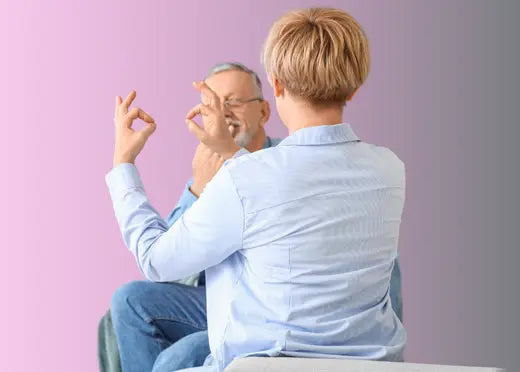This is the daily life of many French people, yet it is a situation that requires adjustments in communication and organization: it is about living with a hearing impaired person.
Often misunderstood, hearing loss causes communication difficulties and frustration for those around you and listening assistants are valuable technologies for facilitating daily life and strengthening social bonds.













